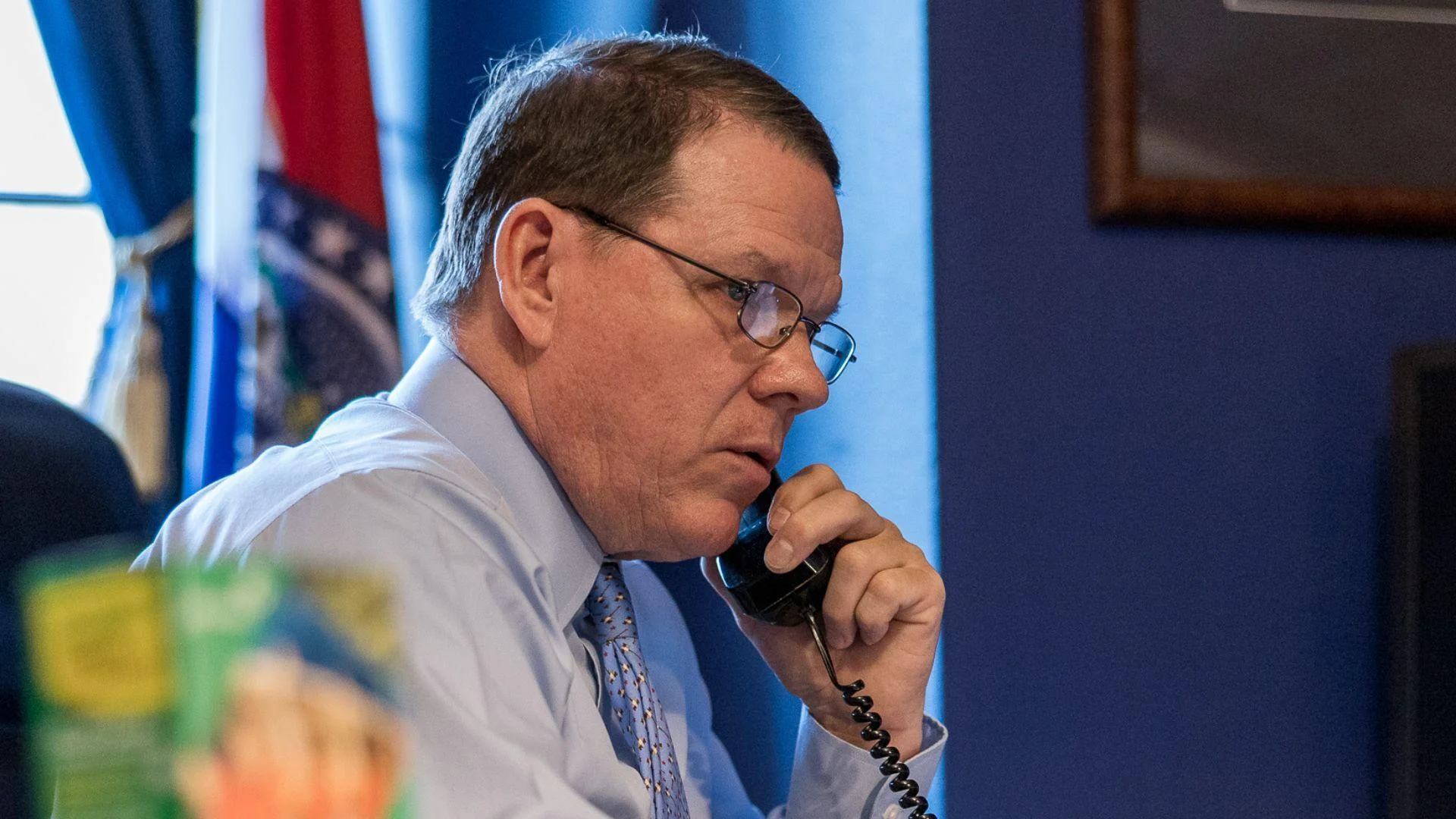The House Committee on Transportation and Infrastructure says it will move to pass a bipartisan, multi-year surface transportation reauthorization before the current law runs out, a package that could also reopen debate on liability issues affecting modern mobility platforms.
The House Committee announced that the existing surface transportation authorization—established through the Infrastructure Investments and Jobs Act (IIJA)—will lapse on September 30, 2026, if not reauthorized. According to the Committee, multi-year bills like the IIJA are crucial because they offer states long-term budget certainty needed for capital-intensive transportation projects. The Committee is prioritizing the next authorization bill during the 119th Congress to ensure uninterrupted infrastructure investment.
Hearings that began in early 2025 have focused on evaluating federal transportation programs and identifying reforms to improve efficiency and impact. According to AASHTO’s published white paper, states need advance federal action to ensure predictable funding flows and continuity across project cycles. The Committee is also reviewing public feedback on formula allocation, discretionary grants, and federal permitting rules.
In 2005, Congress used the highway bill to pass the Graves Amendment, which clarified that rental and leasing companies could not be held automatically liable for their customers’ accidents under state law. Nearly twenty years later, with rideshare and peer-to-peer carsharing now central to American mobility, industry groups are urging lawmakers to modernize that principle in the upcoming reauthorization reflecting reforms passed in Florida and elsewhere to ensure consistent national liability rules.
The Committee on Transportation and Infrastructure, one of the largest and most active committees in the House, manages legislative and oversight functions across all major infrastructure systems. Its jurisdiction includes roads, transit, ports, and airports, shaping billions in federal investment.





